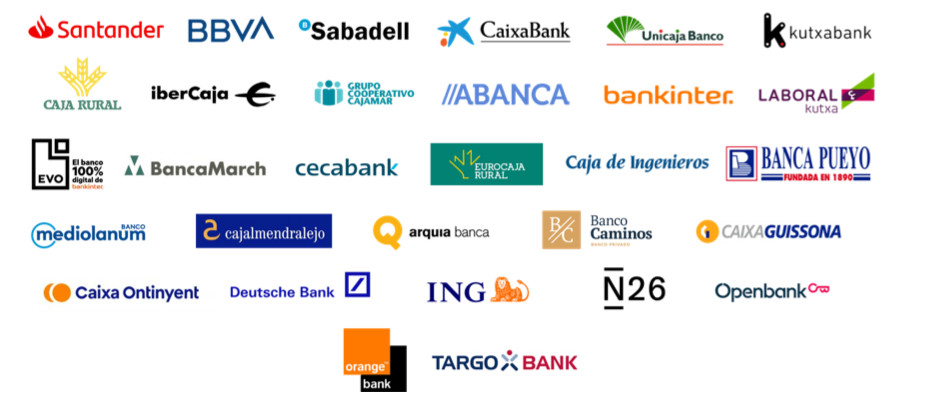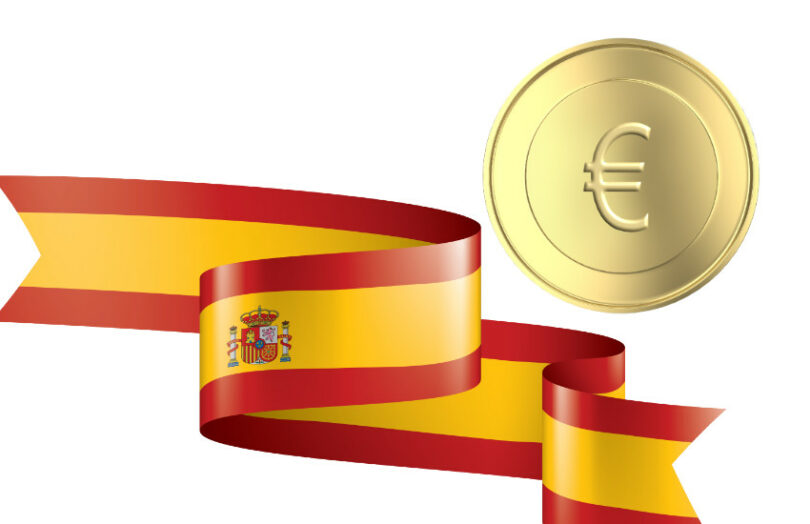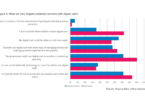Later this month, the European Central Bank (ECB) is expected to decide to progress the retail central bank digital currency (CBDC) to the next phase of development. Last year Spain’s banks created a working group to execute a proof of concept (PoC) to integrate a potential digital euro. The work was independent of any central bank. Now they announced the results of digital euro trials, particularly using Bizum, a bank-owned payments app used by half the Spanish population.
Pretty much all of Spain’s major banks participated in the work, including Standaner, BBVA, CaixaBank and Sabadell. Additionally, payment infrastructures Iberpay, Bizum and Redsys also took part.

So far the ECB has discussed the CBDC business model at a high level only. Banks will earn money from capped merchant services fees, and the current draft legislation obliges them to participate. Hence, banks want to minimize the significant costs of integrating the digital euro. That’s why it makes sense to leverage current infrastructures where possible.
Reusing Bizum components for digital euro
The tests indicate it would be possible to reuse existing components, particularly from Bizum, subject to the final design of the digital euro. Bizum associates phone numbers and email addresses with bank accounts, making it easier to send or request money for P2P payments. Launched in 2016, it gradually expanded to e-commerce payments and then QR payments at the physical point of sale.
It’s envisaged that Bizum will connect to other European services. Numerous features can be reused from Bizum, including user registration, authentication, transaction processing and fraud prevention. The familiar interface and Bizum’s large user base might help with digital euro adoption.
Spanish banks concluded that an equally simple experience for an offline digital euro could be a key differentiator. And the institutions are keen to contribute to work on the CBDC.
The Spanish sector, led by Iberpay has been very proactive in exploring digital money. Before the ECB announced the digital euro project, in 2019 it started exploring blockchain for smart payments. And in 2021, that evolved into seeing whether blockchain tokens and a CBDC could co-exist. While work on tokenized deposits is accelerating elsewhere, such as Germany’s interest in B2B DLT payments, Spain hasn’t commented further on the topic.






